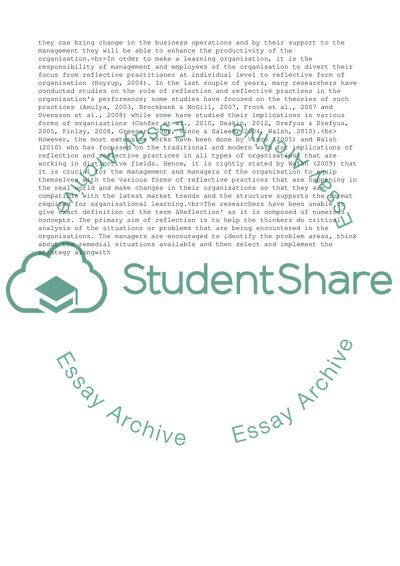Cite this document
(“Reflective Manager Essay Example | Topics and Well Written Essays - 2250 words”, n.d.)
Reflective Manager Essay Example | Topics and Well Written Essays - 2250 words. Retrieved from https://studentshare.org/management/1599074-reflective-manager
Reflective Manager Essay Example | Topics and Well Written Essays - 2250 words. Retrieved from https://studentshare.org/management/1599074-reflective-manager
(Reflective Manager Essay Example | Topics and Well Written Essays - 2250 Words)
Reflective Manager Essay Example | Topics and Well Written Essays - 2250 Words. https://studentshare.org/management/1599074-reflective-manager.
Reflective Manager Essay Example | Topics and Well Written Essays - 2250 Words. https://studentshare.org/management/1599074-reflective-manager.
“Reflective Manager Essay Example | Topics and Well Written Essays - 2250 Words”, n.d. https://studentshare.org/management/1599074-reflective-manager.


